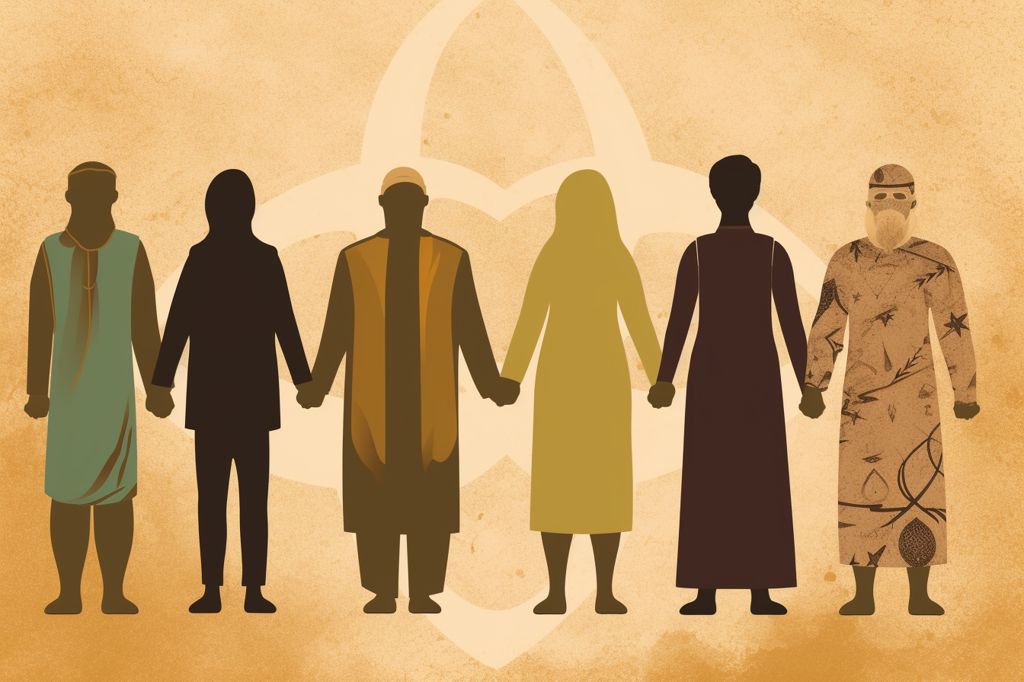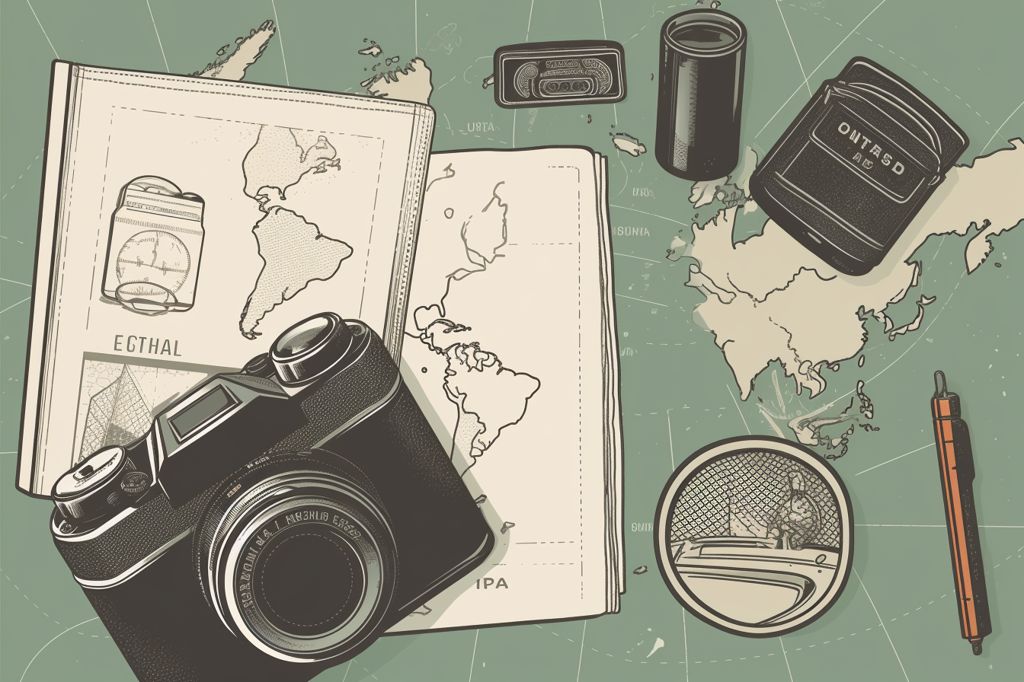Kenya experienced its worst mass suicide incident in the south-east of the country, with over a hundred confirmed deaths, including children, at the New Life Prayer Centre and Church. Led by Pastor Paul Mackenzie, the church captivated followers from all over Kenya with his apocalyptic narratives and controversial teachings. Autopsies revealed that most victims had starved to death at his urging to “meet Jesus” in the afterlife, while others, including children, had been strangled or suffocated.
The Reality of Religious Extremism and Terrorism
Cults and violent extremist groups such as Al-Shabaab or Daesh share a common theme: charismatic leaders brainwashing their followers into extreme beliefs and practices. These individuals often abandon their comforts for the higher calling of misinterpreted or imaginary versions of religious texts.
Balancing Freedom of Religion and the Right to Life
The Shakahola tragedy has raised questions regarding what constitutes religious extremism and terrorism, and how to balance the constitutional right to freedom of religion with the right to life. President Ruto has commissioned a team to investigate the incident and develop a legal framework for regulating religious institutions. Kenya’s experience in countering Islamist extremism can inform the approach to religious cultism.
The Multi-Pronged Strategy
A multi-pronged strategy is essential to address the issue effectively. This includes understanding the factors that make people vulnerable to religious extremism, promoting dialogue among different religious groups, and investing in education and awareness-raising programs.
Addressing Socio-Economic Challenges
One critical factor contributing to the rise of religious extremism in Kenya is the socio-economic situation. High levels of poverty and unemployment, particularly among youth, can make people more susceptible to radical ideologies that promise salvation or a better life. It is essential for the government and other stakeholders to address these socio-economic challenges and provide alternatives to extremist narratives.
Promoting Dialogue and Religious Tolerance
Another crucial aspect of countering religious extremism is the need for open dialogue among different religious groups. This can help to create a more inclusive society where people from diverse backgrounds can understand and respect each other’s beliefs. Promoting interfaith dialogue and fostering a culture of religious tolerance can help to counter the divisive ideologies promoted by extremist groups.
The Role of Education
Educational institutions also have an essential role to play in promoting awareness and understanding of different religious traditions. Curricula should include teachings that emphasize religious tolerance, human rights, and critical thinking skills. It is essential for young people to learn about different religions, their histories, and their commonalities. This can help to reduce stereotypes, prejudices, and misunderstandings that may lead to radicalization.
Regulatory Measures and Public Participation
Regulating religious institutions is a sensitive and complex issue, as it involves striking a balance between the right to freedom of religion and the right to life. Therefore, any regulatory measures must be carefully considered and should not impinge on religious freedoms. Public participation and vigilance are essential in the development and implementation of these measures.
A Comprehensive and Long-Term Approach
Ultimately, countering religious extremism requires a comprehensive and long-term approach that addresses the root causes of radicalization and fosters a culture of tolerance, understanding, and respect for human rights. The Kenyan government, civil society, religious institutions, and individuals must work together to prevent tragedies like the Shakahola mass suicide from happening again.












